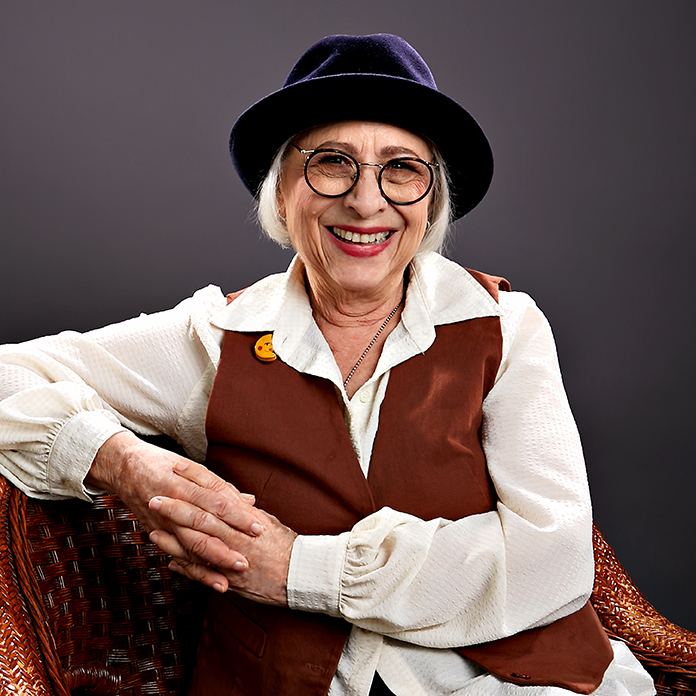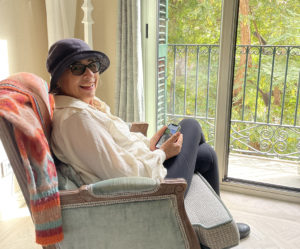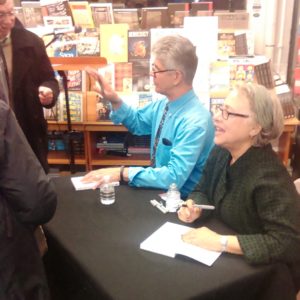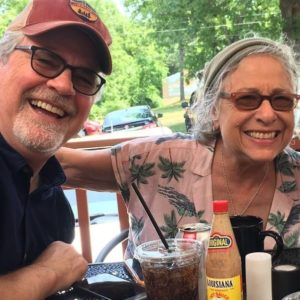What happens to us after we die? I’m fairly certain that personal ego is not in the picture–that one will be rewarded for one’s special goodness; that one is uniquely qualified to co-pilot with God and the like. Lately, I’ve been having intimations of a more humble but dependable possibility. These are the moments when ego dissipates—lifts, melts, sinks, transcends or simply gives way, utterly exhausted– and to my great joy, what remains is love. Based on this evidence, I have grown to believe that we come from love, and are destined to return to it.
The organic dissipation of ego is one of the great and unexpected gifts of growing older. Life and the choices we make— especially as we age—strip us of our attachments one by one. Whether through joy or through grief, the veil of separation from the divine becomes thin, indeed. In the end, one finally becomes absorbed in love, becoming part of something infinitely greater than one’s self. I have experienced intimations of merging into the field of love on and off all my life, more often and more deeply the older I get. When I meditate, when I walk in nature, when I listen to music, when I’m at play, when I’m connecting with someone, when I write. Sometimes when I least expect it and sometimes for no discernable reason whatsoever. Grace.
There are times when I sit by the river, self diminished, absorbed in the sacred. This sense of unity with the divine is like a wisp, faint, but strong: a spider’s web that looks like smoke but could lift a mountain. And as I sense the filaments entwining my heart, I weep with relief. What if fulfilling my life purpose has always been not a going forward, but a stripping away? Tears flow, a huge burden lifted, revealing a wholeness not dependent on making things happen or anything remotely related to outcome.
If in this state I have pen in hand, I write as I breathe—no ulterior motives, no push or drive. In ambition’s place is love: bringing with it freedom, even from questions of ultimate concern. Mystic and monk Thomas Merton understands the source of this freedom to be God, and the means to expression: the embrace of contemplation. Imperfect as Merton knew himself to be, he cherished the unity with the sacred that expressed itself through words. “Writing is one thing that gives me access to some real silence and solitude…God shines there and is immediately found, without hunting, as if He had come close to me while I was writing and I had not observed His coming.”
I, too, am grateful for those precious times when I am not so much sharing just the right words as I am flooding the paper from the fullness of my heart. When immersed in these moments, I have learned not to worry so much about what happens to us after we die—nor to ponder whether I have lived as I ought. Rather, I rest content in the moment, trusting that it’s all for something—lessons learned, pain endured, kindness given and received, courage summoned and forgiveness levied. This feeling has grown more tangible of late, growing from a vague yearning to a poignant loneliness accompanying alternate stretches of heartbreak and joy.
How is it we could long for what we never experienced? I have visited love. Tasted it. Written it. And so it is, as the mystics teach, that I increasingly look forward to the future not as reward but as homecoming.
________________________________
For a free subscription to Older, Wiser, Fiercer, click HERE
To read About the Blog, click HERE
To subscribe to our sister site Fierce with Age: The Free Digest of Boomer Wisdom, Inspiration and Spirituality, click HERE
_______________________________
TO COMMENT: You are encouraged to share your thoughts with me and our community about this entry and your own journey to becoming older, wiser, fiercer in the comment section at the bottom of this and each blog as it is posted at CarolOrsborn.com.




